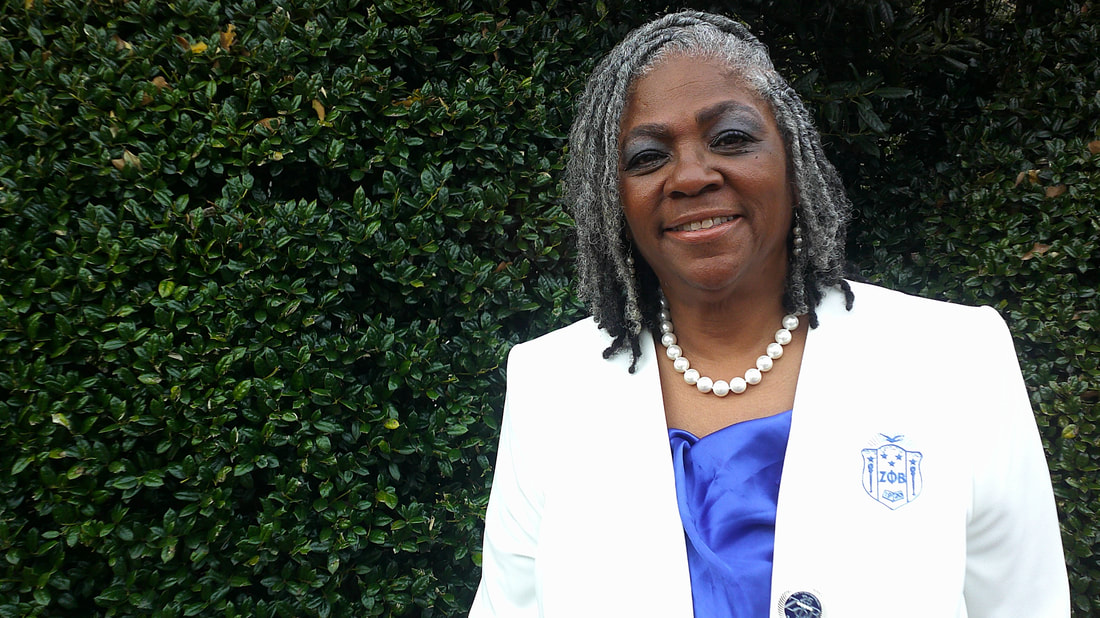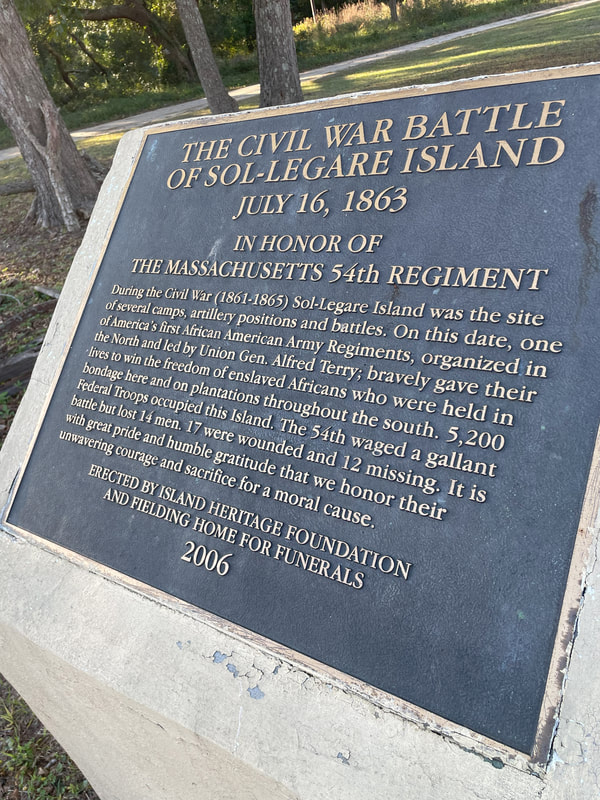Greetings Divine 9!
Let's get together for some relaxation, education, and history
at James Island Mosquito Beach, South Carolina!
Let's get together for some relaxation, education, and history
at James Island Mosquito Beach, South Carolina!

Experience the Gullah/Geeche Culture for a weekend!
This event is sponsored by
The Atlanta Small Business Training Consortium, Inc.
A 501 (c) (3) nonprofit organization.
August 1 to 4, 2024
Event Registration
Marriott Hotel Reservations
This event is sponsored by
The Atlanta Small Business Training Consortium, Inc.
A 501 (c) (3) nonprofit organization.
August 1 to 4, 2024
Event Registration
Marriott Hotel Reservations
|
ITINERARY FOR THE WEEKEND:
Thursday, August 1: Register, Meet, and Mingle Friday, August 2: Tours & Evening Entertainment Saturday, August 3: Multiple Tours & Gulllah/Geeche Evening Entertainment Sunday, August 4: Inspirational Farewell |
|
